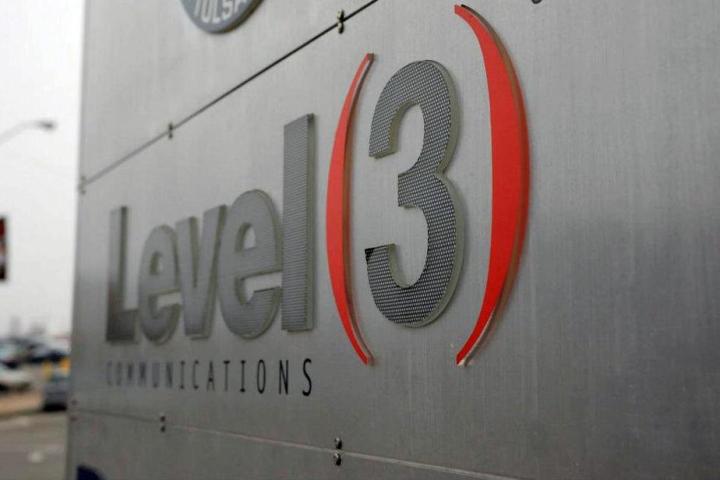
You might think the latest moves by the FCC spell the end of net neutrality but, if Level Communications 3 is right, it’s been dead for some time. A recent post on the company’s blog, written by Level 3’s vice president of Content and Media, Mark Taylor, claims that six major ISPs, five of them in the United States and one in Europe, have intentionally restricted traffic for more than a year.
The dispute revolves around “peering” agreements, contracts which stipulate the terms of data exchanged between backbone providers like Level 3 and Internet Service Providers which sell services to consumers. These agreements generally don’t involve an exchange of funds even when one party might be burdened a bit more than another. Leaving money out of the arrangement ensures that data can travel across the globe without prejudice, a concept that’s fundamental to the Internet.
Some ISPs see these agreements as old-fashioned, and want Level 3 to pay up for upgrades to their infrastructure that the ISPs claim are required because of traffic traveling from Level 3’s backbone network. Though Level 3 did not specifically name names, the company’s blog post cited “broadband consumer networks like AT&T” as the troublemakers.
Since Level 3 (and its peers, like Cogent) usually won’t pay, the ISPs refuse to upgrade the infrastructure on their side of the connection, which causes packet loss and slower connection speeds. This is, in effect, deliberate throttling. The infrastructure on Level 3’s end can perform, but is hamstrung by the ISP’s refusal to match it.
The blog post goes on to say “They are deliberately harming the service they deliver to their paying customers. They are not allowing us to fulfill the requests their customers make for content.” This situation is not new, either; according to Mr. Taylor, it’s been ongoing “for well over a year,” which means ISPs have been able to get away with this policy for some time.
There are, of course, companies that do pay, one of which is Netflix. The online content provider recently signed contracts with Comcast and Verizon, so it’s fair to say we already know three of the five U.S. providers Level 3 has a problem with. As damning as the accusations are, it’s not clear that anything will be done to address them. The FCC’s refusal to stop the practice makes its stance clear, and some new appointees to the commission seem keen to actively support ISPs that throttle access.


